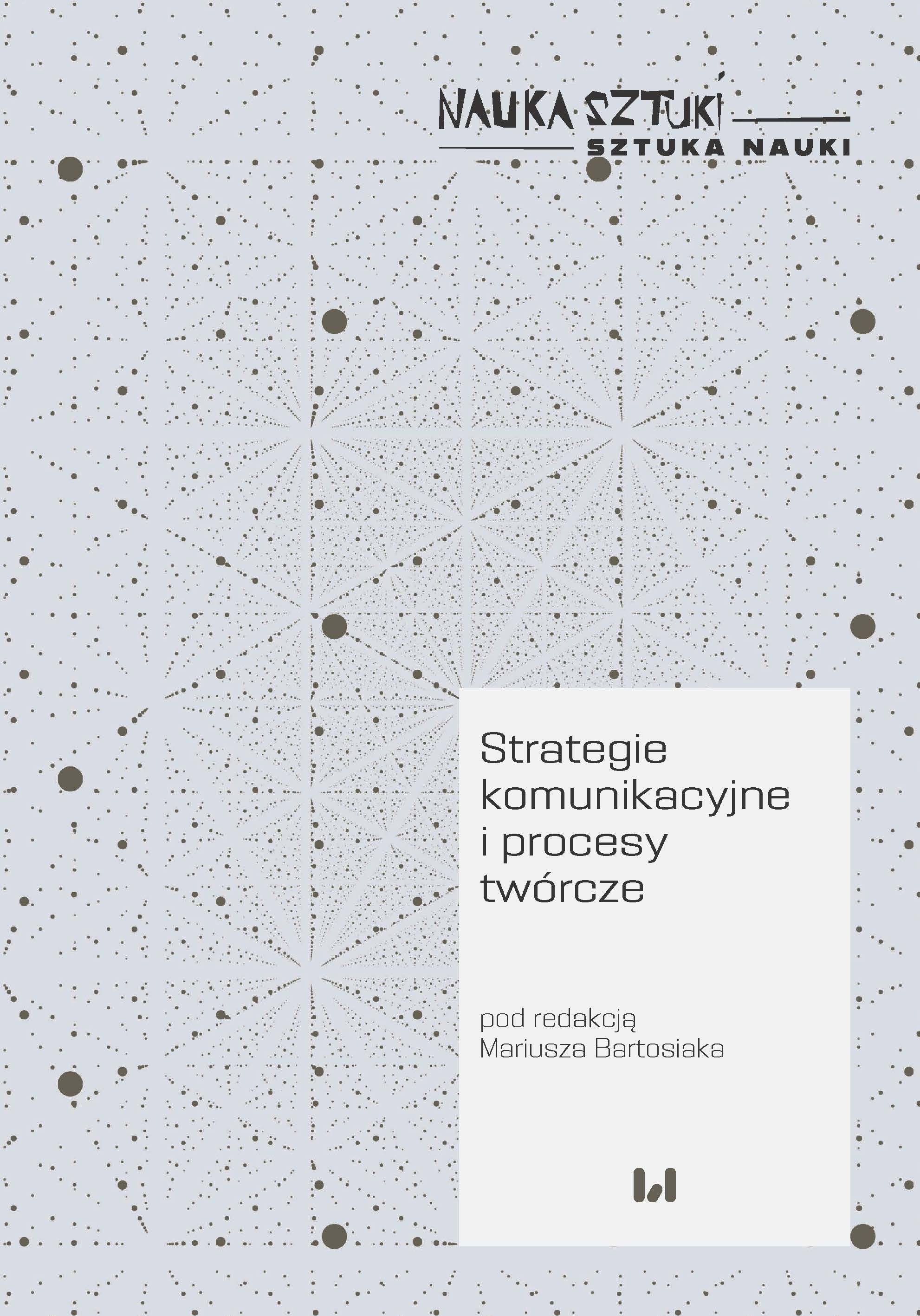Prostota
Simplicity
Author(s): Jarosław Janowski
Subject(s): Language and Literature Studies
Published by: Wydawnictwo Uniwersytetu Łódzkiego
Keywords: Science methodology; order; Gestalt psychology; modernism; Mies van der Rohe
Summary/Abstract: According to Gestalt psychologists, the simplification rule is the fundamental law of visual perception. It can be understood as making our perception sensitive to certain regularities and distinguishing individual objects from the environment. From this ability to see rules grew the science understood as the systematic description of regularities using general laws. Simplicity is the initial composition of the accumulated knowledge about the world. Therefore, the criterion of simplicity seems to be important in the case of the scientific description of the world. Ernst Gombrich draws attention to the relationship of simplifying perceptual mechanisms with science and art. Karl Popper, on the other hand, paradoxically rejects the usefulness of the concept of simplicity in the methodology of science as a manifestation of merely an aesthetic liking or a certain feature of our minds. Nevertheless, he proposes a solution to the problem of simplicity in the methodology of science - theories with a lower dimension are easier to falsify. A hypothesis that is easier to test is more valuable, and easier to test, because it's easier. If, as Popper wants, simplicity is aesthetic, it has found application in an area as refined as art. Works of art, however, must have a certain complexity and richness. This opposition to simplicity is apparent. The artist is forced to show only certain aspects of reality by simplifying it in accordance with his intention.
Book: Strategie komunikacyjne i procesy twórcze
- Page Range: 80-92
- Page Count: 13
- Publication Year: 2022
- Language: Polish
- Content File-PDF

